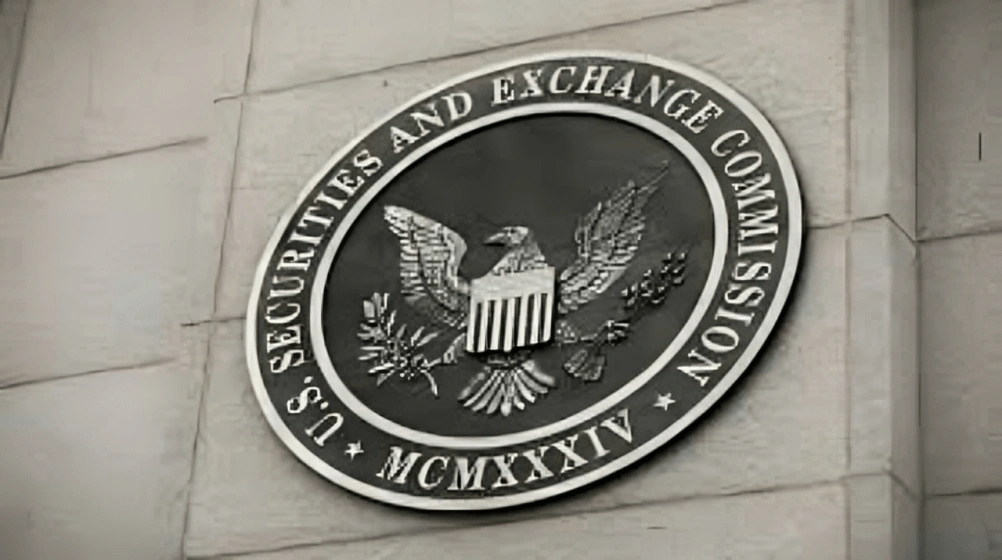Immutable, one of the largest gaming companies in the Ethereum ecosystem, has been threatened with legal proceedings in the United States from the Securities and Exchange Commission concerning sales of IMX, its native token. This event is causing tremors across the blockchain gaming and cryptocurrency industries, especially since all players are watching and waiting for the developments of this case.
What is Immutable and the IMX Token?
Immutable is one of the biggest names in blockchain gaming today, having developed a layer-2 scaling solution on Ethereum that handles NFTs (non-fungible tokens). The platform makes it easier for game developers to build blockchain-based games and scale them with the advantages of cheaper and faster transactions-critical features for the future of gaming. The token that drives this ecosystem and its community is IMX, which is used for governance, staking, and incentivizing the ecosystem.
IMX tokens are also part of an even broader vision to develop decentralized gaming in which users can participate in decision-making, exchange assets, and receive rewards. To this sense, SEC interest on Immutable’s IMX token sales raises serious legal interrogations with regards to how such tokens can be construed.
The SEC is concerned about IMX Token Sales
By its increasingly active tone in scrutinizing the sale of tokens in the blockchain network and cryptocurrency space, the SEC is particularly questioning whether an individual token is a security according to U.S. law. Securities-under strict regulations that include disclosures and registration with the SEC-are thus considered.
According to reports, the SEC informed Immutable that its sales of IMX tokens might violate the laws on securities. The regulator has insinuated that it could consider the IMX token as a security; that would mean Immutable should have registered the token sale to the SEC before distribution.
This is not an isolated incident. Rather, fresh cases have been found scattered over the last few years in which several blockchain projects have faced similar lawsuits in the hands of the SEC, which has taken a hard stance against what it perceives to be unregistered offerings of securities. It would be interesting to see the precedents that may be set on these cases, as to how the SEC would treat blockchain-based tokens in the future.
What It Means for Immutable and Web3 Gaming
SEC’s case proceeding might be very grueling for Immutable and its whole operation. The company might incur tremendous fines and legal fees, with the worst possibility that it might change its token sales structure. Such changes may also affect the business model, as retention of users and powering its platform would now rely on the success of IMX.
This, for its part, might prove to be a red flag for the entire Web3 gaming world. With all these prompted regulatory hammers banging down on crypto and blockchain projects, developers would do well not to ensure that their house is in order with respect to compliance with U.S. securities laws. It might entail reorganizing token sales, redesigning governance models, or consulting legal advisors regarding how to best go about doing business in compliance with U.S. regulatory schemes.
The Expanding Framework of Regulations for Web3 Projects
The close examination of IMX token sales boils down to the whole regulatory hodgepodge surrounding the Web3 and blockchain gaming industries as a whole. With the disruption of traditional industries by the metaphorical chandelier that is blockchain technology, regulators pen down these decentralized projects into existing laws. This regulatory uncertainty continues to impose challenges to developers while opening new doors for them, as the industry is threatened with possibly vacating guidelines but also tightening the borders set around it for innovation.
However, the phenomenon of globalization within blockchain gaming places projects like Immutable between U.S. laws and international ones. Some countries market crypto and blockchain technology excitedly, while others do it cautiously or outrightly restrict it. This kind of patchwork de jure makes it extremely difficult for projects to operate with certainty, let alone plan the long term.
Possible Results and Influence on the Industry
Settlement or conclusion of the present dispute between Immutable and the plaintiff would have far-reaching implications for the entire Web3 gaming ecosystem. Favorable rulings would leave Immutable free to continue pursuing its plans with minimal disruptions. By contrast, regulatory changes initiated as a result of a ruling forcing Immutable to change its practices would likely set off new ripples of regulatory adjustments across the blockchain gaming spectrum.
Finally, this case might convince other companies to be more reconsidering on how they actually structure their token offerings and result in a more cautious and compliant attitude toward future token sales. As a result, blockchain gaming projects might, in time, enjoy greater transparency and adherence to better-regulated frameworks.
Conclusion
The SEC’s potential lawsuit against Immutable based on the IMX token sales is a defining moment for the blockchain gaming space. Once again, projects like Immutable will have to find their way through a maze of legal complications as regulators shift gears amid a fast-evolving technology. While outcomes of such cases tend to bear with critical jurisprudence, this case will likely be one of the precedents that will someday shape the future path of the entire Web3 gaming industry.
The situation is not yet quite over, but indicates the import of regulatory compliance for any blockchain project, especially those relating to tokens or so-called digital assets. The industry will wait with bated breath because this is likely the precedent that will be used in the future to define how similar projects relate to their obligations by law.





